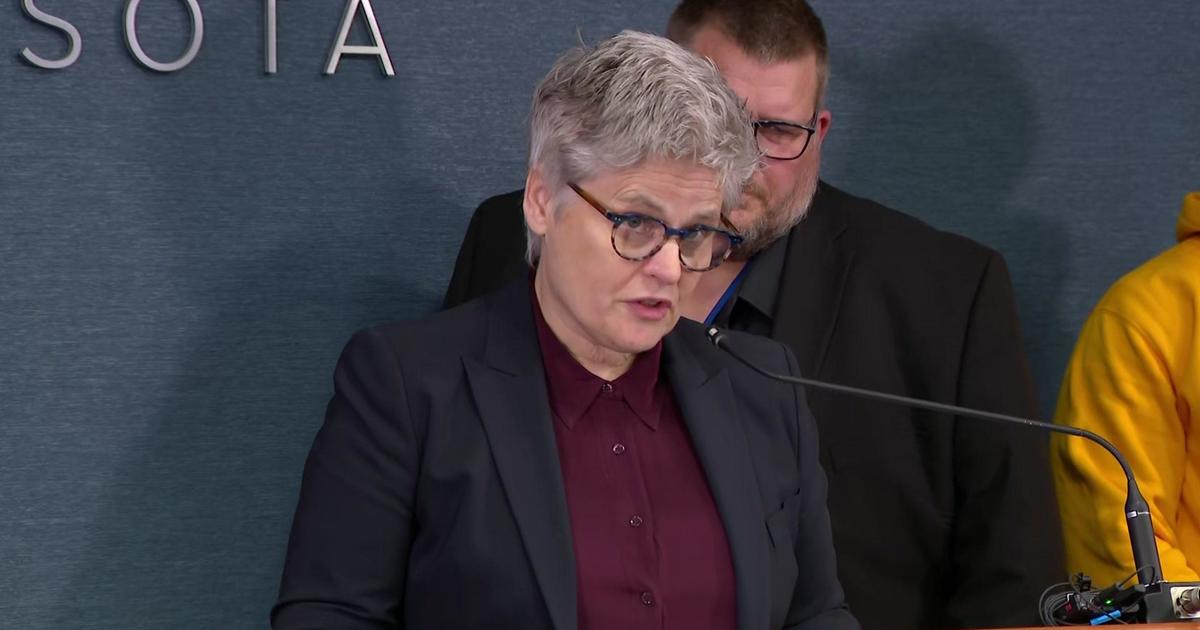3 Financial Questions You're Too Embarrassed To Ask
MINNEAPOLIS (WCCO) – Talking about money can be difficult, because nobody wants to look like a financial fool.
Still, there are some questions that a lot of people have but are just too scared to ask.
So, the WCCO Mid-Morning crew threw three "embarrassing" questions at financial expert Bruce Helmer, one of the co-founders of Wealth Management Group.
How Much Should I Save In My 401(K)?
"I think the thing that embarrasses people here is that they are not participating when they know they should be," Helmer said.
As for how much to save, that depends on cash flow and what you can afford.
Helmer said that you should at least try to participate so as to get the maximum matching employer contribution.
"For a lot of clients that I see, the match might stop at 5 or 6 percent," Helmer said. "So if I do 6 (percent) and [the employer does] 50 cents on the dollar, that's another three. That's a 50 percent rate of return...too much money to leave on the table."
How Do I Balance Paying Off Debt And Saving For Retirement?
Here, it all comes down to whether or not the debt is efficient or inefficient.
"If it's a low interest rate, advertised over a long period of time, and it's tax deductible and it's on an appreciating asset – I just described a mortgage – that's good debt," Helmer said. "But if it's a high interest rate, non-deductible...credit card debt, that's bad."
In other words, you want to focus on paying off the bad debt so that you can have money left over to save and invest.
What About Car Loans?
Since the value of the car depreciates as soon as you drive it off the lot, they aren't exactly a form of good debt. However, most people don't really have a choice but to finance it.
"Most people don't have enough money to just write a check for a car, so you have to finance it," Helmer said.
Student loans?
Helmer says these are a form of good debt because getting an education makes you more employable and helps you command a higher salary.
But sometimes the interest rates on student loans aren't that low, and that's where things can get problematic.
"What we do with a lot of our young people is...maybe mom and dad do an intra-family loan," Helmer said. "They borrow you money at a lower rate and pay off the loan for you, but they get a higher interest rate than the bank will give them. It's a win-win, not a hand-out."
What Should I Invest In?
If you don't exactly know what you're doing in terms of investing, Helmer suggests turning over the heavy lifting to somebody else by buying mutual funds.
Mutual funds are professionally-managed, diversified portfolios that are composed of stocks and bonds, or sometimes just stocks or just bonds.



